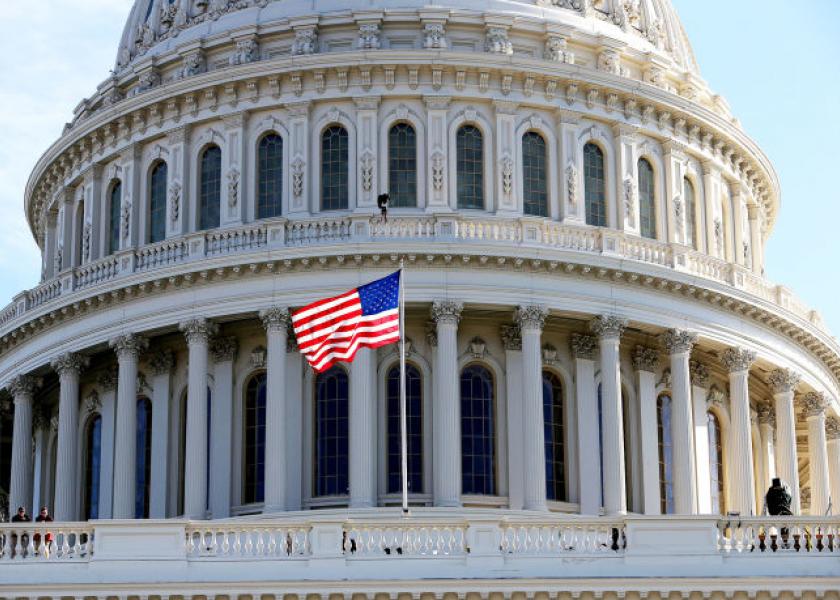Biden's Environmental Plans Upended by the Senate's Latest Vote

On Thursday, the Senate passed a joint resolution of disapproval under the Congressional Review Act to put a stop to any changes the Biden administration might make to the National Environmental Policy Act (NEPA).
The Congressional Review Act was established in 1996 as a way for Congress to reverse rules created by federal agencies.
Why Does this Matter to Ag?
NEPA, delegated by the Council on Environmental Quality (CEQ), contains elements of environmental legislation—including the Environmental Quality Improvement Act of 1970 and the Clean Air Act—that ultimately outlines what stake and duty federal agencies have in implementing the U.S.’s environmental legislation.
According to the White House the CEQ advises the President and develops policies on:
1. Climate change
2. Environmental justice
3. Federal sustainability
4. Public lands
5. Oceans
6. Wildlife Conservation
The Congressional Review Act, exercised by the Senate on Thursday, is an avenue to “claw back” on the Biden administration’s environmental permitting rules (NEPA), according to Jim Wiesemeyer, ProFarmer policy analyst.
What's the Story on NEPA?
First developed in 1971 and finally issued as regulation in 1978, NEPA guidelines were in use, untouched, for more than 40 years until “wholesale” revisions took place in 2020 under the Trump administration, according to CEQ.
This year, CEQ reviewed the changes made in 2020 and decided on a phased approach to amending the NEPA regulations. CEQ issued the Phase 1 Final Rule in 2022, which restored regulatory provisions to their status prior to the 2020 amendments.
“The rule finalizes a narrow set of changes to generally restore regulatory provisions that were in effect for decades before the 2020 rule modified them for the first time, the CEQ outlined on its website. “The final rule changes better align the NEPA regulations with CEQ and agency expertise, as well as NEPA’s statutory goals and purpose of promoting sound decisions informed by science.”
But CEQ’s Final Rule didn’t sit well with some legislative officials, leading to roadblocks from the Senate.
Next Steps for NEPA
The Senate agreed on Thursday to put NEPA under lock and key, out of CEQ’s hands. However, the House will have to cast their own vote to decide the fate of NEPA.
Wiesemeyer feels the same disapproval may not carry throughout Congress, as NEPA “faces long odds against Democrats’ majority in the House.”
More on ag policy:
John Phipps: Is the Outrage By Dutch Farmers Now Being Heard by the World Enough to Prevent Policy Changes?
John Dillard: Supreme Court Fences In Federal Agencies (A Little)
China's Latest Land Purchase Could Pose Major U.S. Security Risk







